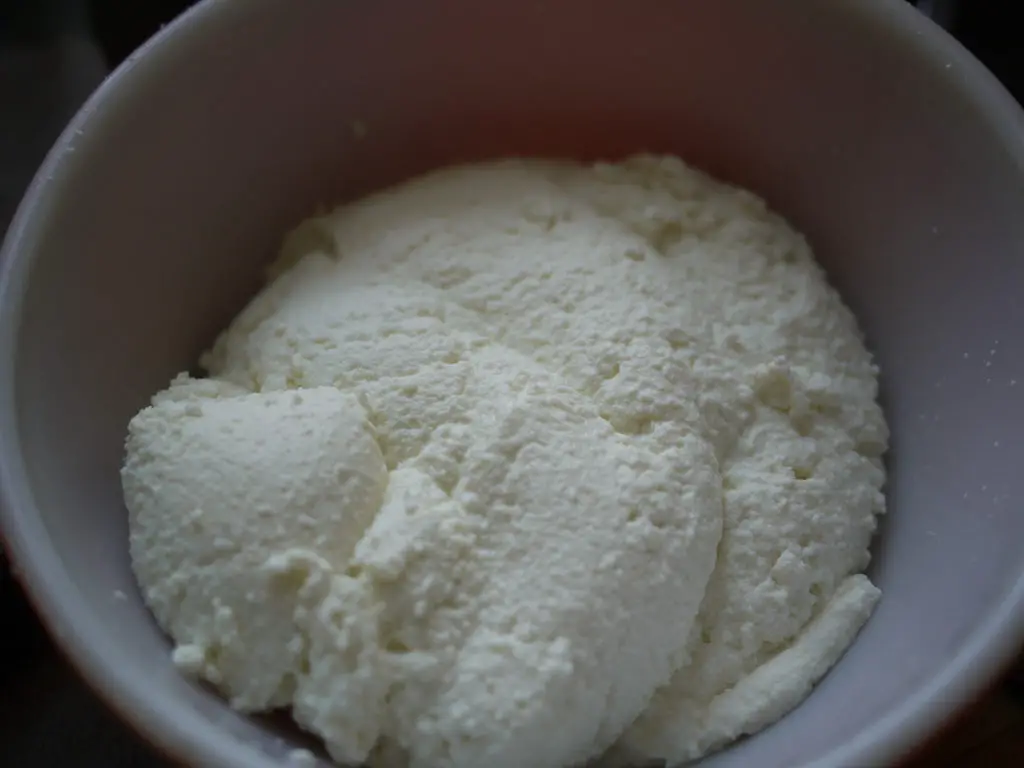Question: Is ricotta cheese pasteurized?
Answer: Pasteurization involves heating a liquid (milk, whey, etc.) to a high temperature in order to kill off harmful bacteria. The temperature and heat time of the liquid depend on the type of pasteurization used by the manufacturer. There is debate over whether pasteurization kills vital nutrients and good bacteria (probiotics) in milk. The FDA’s stance is that pasteurization does not reduce milk’s nutritional value.
In most cases, the ricotta cheese that is found in grocery stores is pasteurized. Popular ricotta cheese brands like Polly-O, Maggio, 365 Everyday Value (Whole Foods) and Frigo all are pasteurized at the time of this article. You can tell if a ricotta cheese is pasteurized by looking at the product label. The ingredients list or verbiage on the packaging should indicate “pasteurized” if the product is pasteurized. Ask the store or check with the manufacturer when in doubt, if you have a concern. You will need to hunt to find unpasteurized ricotta cheese in many areas of the United States. A farmer’s market or a store specializing in dairy/cheese will likely be where you will find it.
Pregnant women are advised to avoid unpasteurized foods or beverages because of listeria. Listeria is a harmful bacteria found in foods like unpasteurized dairy, meat, poultry, and seafood. According to the FDA, symptoms include fever, muscle aches, diarrhea, headache, chills, stiff neck, confusion, and balance loss. Death of the mother or miscarriage of the baby have been report in severe cases of listeriosis. If you are pregnant, you should consult with your doctor on how to avoid listeria.

